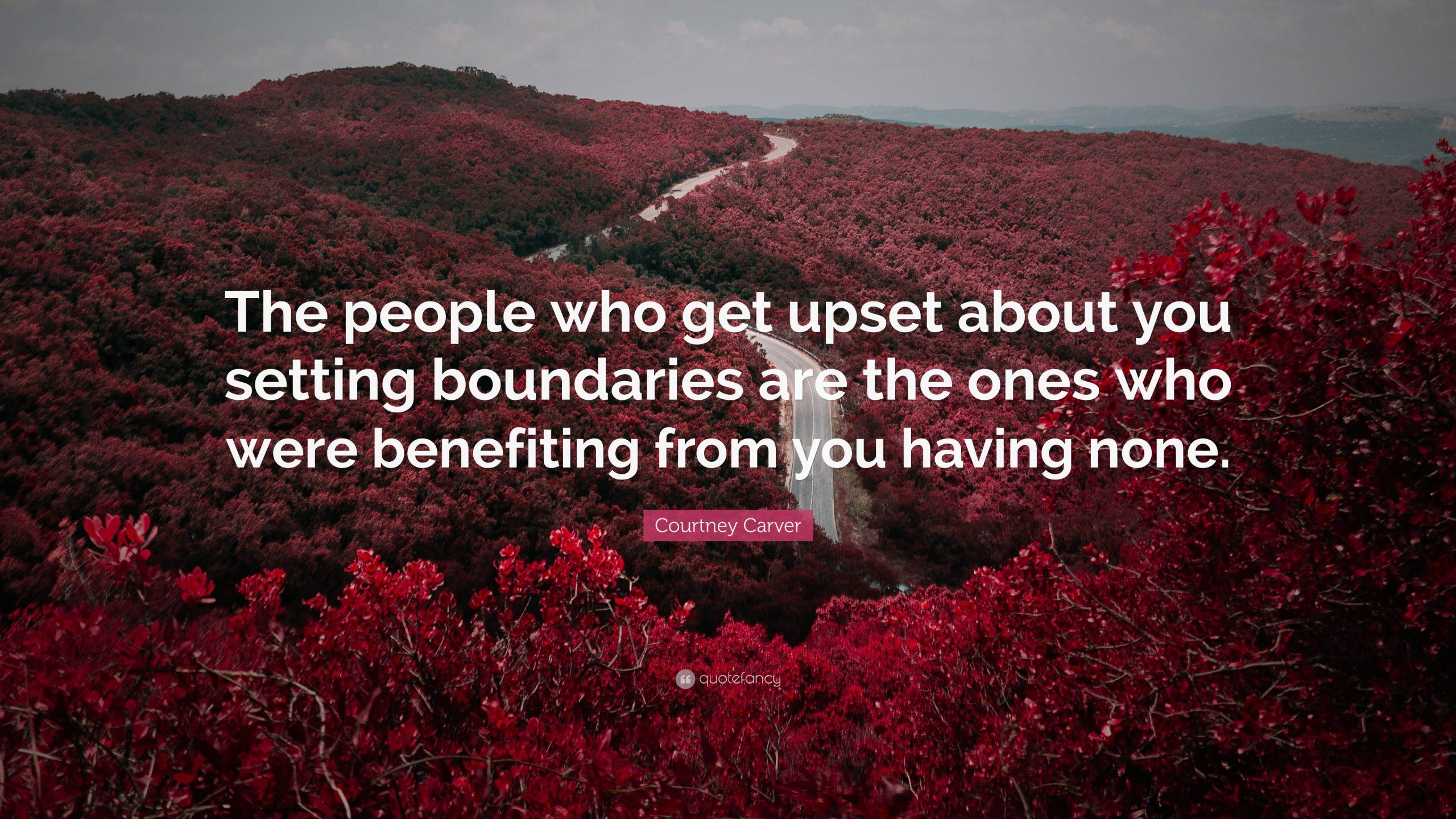
By: Jacob Wallin, Masters Level Clinical Intern
The Hidden Power of Boundaries: Transforming People-Pleasing into Self-Empowerment
Being a people pleaser isn’t inherently bad. It often stems from qualities like empathy, kindness, and a genuine desire to make others happy. However, if not managed properly, it can lead to stress, burnout, and a diminished sense of self. In this blog, we’ll explore the nuances of people-pleasing, the importance of boundaries, and how to create them effectively without sacrificing your relationships or sense of self-worth.
Understanding People-Pleasing
People-pleasers are often empathetic and friendly, making them well-liked and reliable. However, the tendency to say “yes” to everyone can become overwhelming. People may unknowingly take advantage of your willingness because they are unaware of your personal limits or the stress you might be under. This isn’t necessarily malicious but rather a lack of communication and understanding.
From an early age, many learn that blending in or “going with the flow” can help avoid conflict and ensure social harmony. While there’s nothing wrong with wanting to be liked or not wanting to “stick out,” it’s crucial to recognize when this behavior starts to negatively impact your well-being.
The Importance of Boundaries
Setting boundaries is essential for maintaining your mental and emotional health. Think of boundaries as the doors and walls of your house. You decide when to open the door and let someone in or when to keep it closed for some much-needed alone time. Establishing boundaries doesn’t mean you care less about others; it means you also care about yourself.
Steps to Create Healthy Boundaries
Reflect on Your Needs and Limits
-
-
Identify Triggers: Understand what situations make you feel overwhelmed or taken for granted.
-
Assess Your Priorities: Determine what is most important to you and where you need to allocate your time and energy.
-
Communicate Clearly and Kindly
-
-
Be Honest and Direct: Politely explain your limits to others. For instance, “I need to take Saturday off to recharge so I can be more effective next week.”
-
Use “I” Statements: Frame your boundaries from your perspective to avoid sounding accusatory. For example, “I feel overwhelmed when I have to respond to emails over the weekend.”
-
Set Practical and Flexible Boundaries
-
-
Time Management: Instead of a blanket “no,” set specific times for certain activities. For example, “I will check emails on Saturdays from 8-11 AM only.”
-
Self-Care: Make time for activities that rejuvenate you, such as hobbies, exercise, or simply relaxing.
-
Practice Saying No Without Guilt
-
-
Acknowledge Your Feelings: Understand that it’s okay to feel guilty, but it’s also okay to prioritize your well-being.
-
Offer Alternatives: If possible, suggest another time or way you can help that doesn’t overextend you.
-
Balancing Empathy and Self-Care
Empathy is a beautiful trait, but it shouldn’t come at the expense of your own health. By setting and maintaining boundaries, you can continue to help and care for others without losing yourself in the process. Remember, saying “no” doesn’t make you a bad person; it makes you a healthier, more balanced individual capable of giving your best.
Moving Forward
Start small. Set one or two boundaries that feel most urgent and see how they impact your life. Gradually, you can build a more structured approach that protects your time and energy, ensuring you remain the empathetic, friendly person you naturally are, without burning out.
By embracing the power of boundaries, you empower yourself to live a more balanced, fulfilling life, where you can be there for others while also being there for yourself.
If you need some extra support, we would love to hear from you! Give us a call at
847-854-4333 to set up an appointment or admin@owenscounseling.com.
